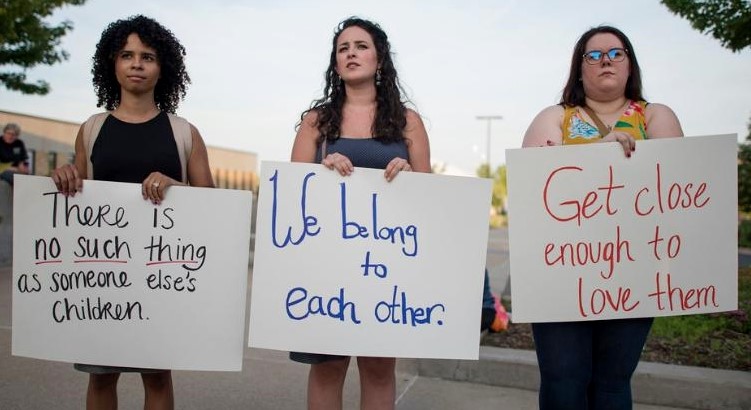Developing Empathy

Empathy, the ability to imagine the feelings of others, has a positive impact on mental health. However, even before the COVID-19 pandemic, face-to-face communication had decreased in recent years, greatly impacting empathy through compassion fatigue, confirmation bias and detachment. There are three types of empathy, cognitive (“putting yourself in another’s shoes,” which is more rational than emotional), affective (having a shared emotional experience, such as feeling sad when a friend is grieving) and compassionate (taking action on another person’s behalf). It is important to note that to express empathy, you do not need to agree with the other person or even have the same point of view; and learning it requires both guidance and practice.
One way to develop empathy is to be curious about others. “Nunchi,” a traditional Korean concept, is a type of emotional intelligence that allows an individual to comprehend what is happening to another person even if they have nothing in common. When possible, try to have a conversation with at least one stranger each week. Always look at the eye color of any person you are talking to as it will help you focus on what he or she is saying. Also notice his or her facial expressions and posture and listen closely to the tone of his or her voice.
Parents should first empathize with their own children by recognizing their emotional and physical needs, respecting their individual personalities and taking genuine interest in their lives. In addition, youth notice if the adults in their lives thank cashiers, delivery drivers or servers in restaurants. When families are watching television or movies together, discuss times when the cast is being kind or hurtful and mean, and imagine how situations could have been handled differently. Reading fiction, which focuses on the psychology and relationships of characters, can build empathy by undermining prejudices and stereotypes and showing the value of social behaviors like understanding those who differ from us.
Ensure that youth help around the house and are polite even when they are in bad moods, and encourage them to show empathy to their peers. When children are kind, acknowledge it. Rather than focusing solely on grades or academic/athletic performance, parents should ask teachers and coaches if their children are caring community/team members.
Empathy combats isolation by allowing individuals to realize that they are not alone and giving everyone a chance to care for others. Project Implicit, a non-profit organization, has free tests to assess your conscious and unconscious preferences for over 90 different topics ranging from ethnic groups and political issues to entertainers and sports teams. These preferences can impact your ability to show empathy.
Listen to others when they describe their experiences knowing that you likely will never fully understand them. Do not refute or ignore their stories. As Bryan Stevenson, founder of the Equal Justice Initiative, stated, “We have all hurt someone and have been hurt. We all share the condition of brokenness even if our brokenness is not equivalent…Our shared vulnerability and imperfection nurtures and sustains our capacity for compassion.” Empathy can help you to appreciate someone else’s beliefs and learn to practice acceptance, kindness, service to others and tolerance, ultimately improving your mental health and making the world a better place.